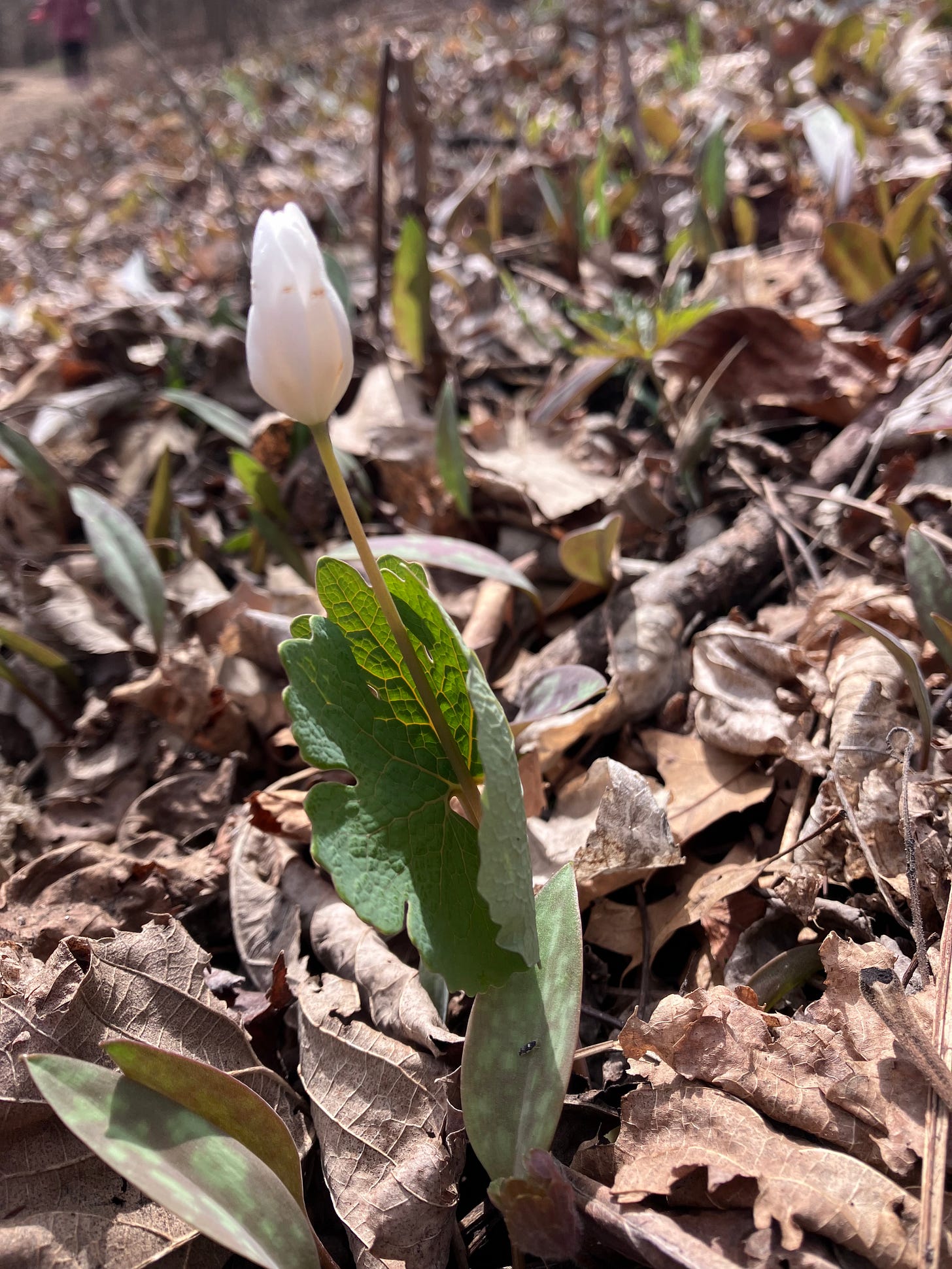Note: Thank you to all of my readers who have been patient with my Lenten hiatus. It was deeply refreshing. I return today a bit earlier than I anticipated only because my heart and mind are full.
Have you ever felt cold and hot at the same time? Think of a moment of deep embarrassment. If you’re anything like me, the heart sinks and floods the basement with some kind of liquid feeling that burns and chills all at once. My head grows hot, blooming my cheeks and my feet freeze. It is not very pleasant but it is very interesting.
Petrarch must have had quite a few of these experiences and he made it his aim not only to make note of them but also capture them in poetry, his canzoniere or songs. These complexly layered poems are a feat in patterns but also vividly describe contradictory emotions of this sort. He was in love and wow was it a trip. He doesn’t bother trying to reconcile the contradiction. He just lets it sing.
‘Pace non trovo, et non ò da fa guerra:’
I find no peace, and yet I make no war:
and fear, and hope: and burn, and I am ice:
and fly above the sky, and fall to earth,
and clutch at nothing, and embrace the world.
One imprisons me, who neither frees nor jails me,
nor keeps me to herself nor slips the noose:
and Love does not destroy me, and does not loose me,
wishes me not to live, but does not remove my bar.
I see without eyes, and have no tongue, but cry:
and long to perish, yet I beg for aid:
and hold myself in hate, and love another.
I feed on sadness, laughing weep:
death and life displease me equally:
and I am in this state, lady, because of you.
Back when I was in graduate school and had all kinds of time to follow Petrarch around, he led me to not only corners of Italy where he had met his beloved Laura but also further afield to France and England (and back to Italy again) where his influence imbued Renaissance sonnets, rondeaus, etc. Even though the forms changed you can still find threads of these oppositions woven through Shakespeare and others.
One of the fabulous “singers” who picked up what Petrarch was laying down was a poet named Clement Marot who became a sort of patron saint of my studies. He’s a tough one to categorize. (Now you know why I like him.) Though a French Catholic he also consorted with Protestants which was illegal not cool in the sixteenth century. At one point he was imprisoned “pour avoir mange du lard” (for having eaten pork during Lent.) Let’s be real. The actual reason was probably not what he ate but the table he was eating at. And we may be far from the religious wars in France that made people do unbelievably cruel things to one another because of “bacon” but we know how equally capable we are of the same. Maybe recognizing this will finally cure us from thinking how enlightened we are.
Which brings us to the end of what my tradition calls Holy Week. We have spent in these days a strange amount of time thinking about the pain inflicted on Yeshua ha-Natzrati long ago and relatedly the pain we have inflicted on one another. Is there relief?
I will let a poem by Clement Marot answer this question.
Good Friday
Grief or pleasure both hold me in their grip
Grief when I see this day sorely stripped
Of joy, my Redeemer hung on a cross
Or pleasure, once I see how his loss
Of blood is my gain, drawn back from hell's lip.
So I will laugh: no, rather I weep as well.
Weep? Oh yes. With a resounding yell!
Really I don't know which to put on --
Grief or pleasure.
Both are good, as God teaches us,
Since Death itself, the Saviour has crushed
Making both grief and joy a gift
Though our own death brings ash to sift
Only one will remain in the end in us --
Grief or pleasure. 





